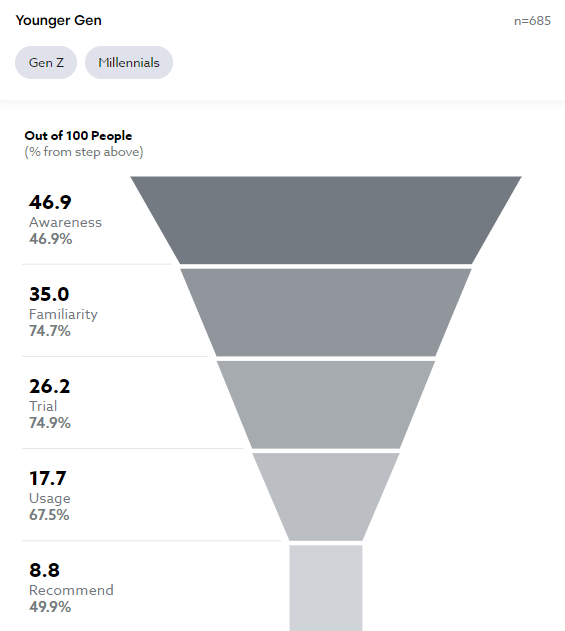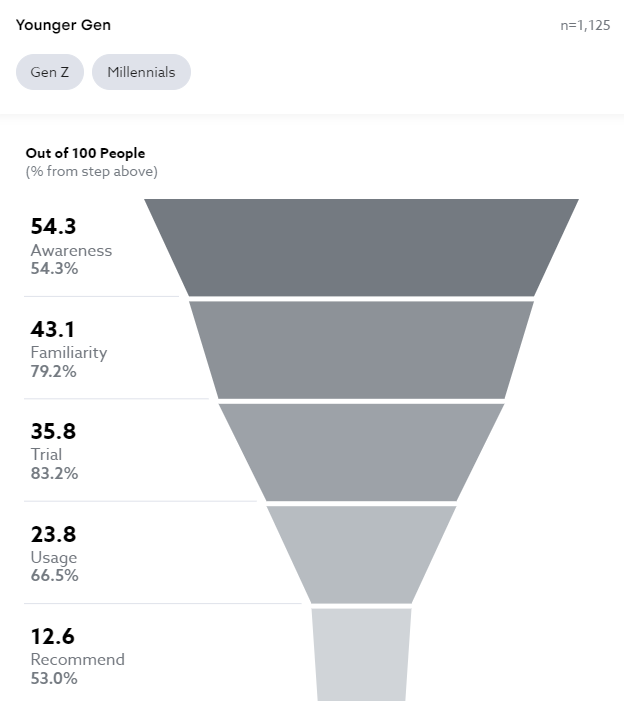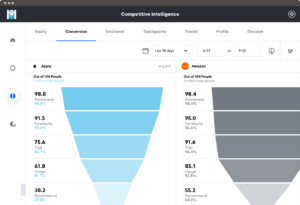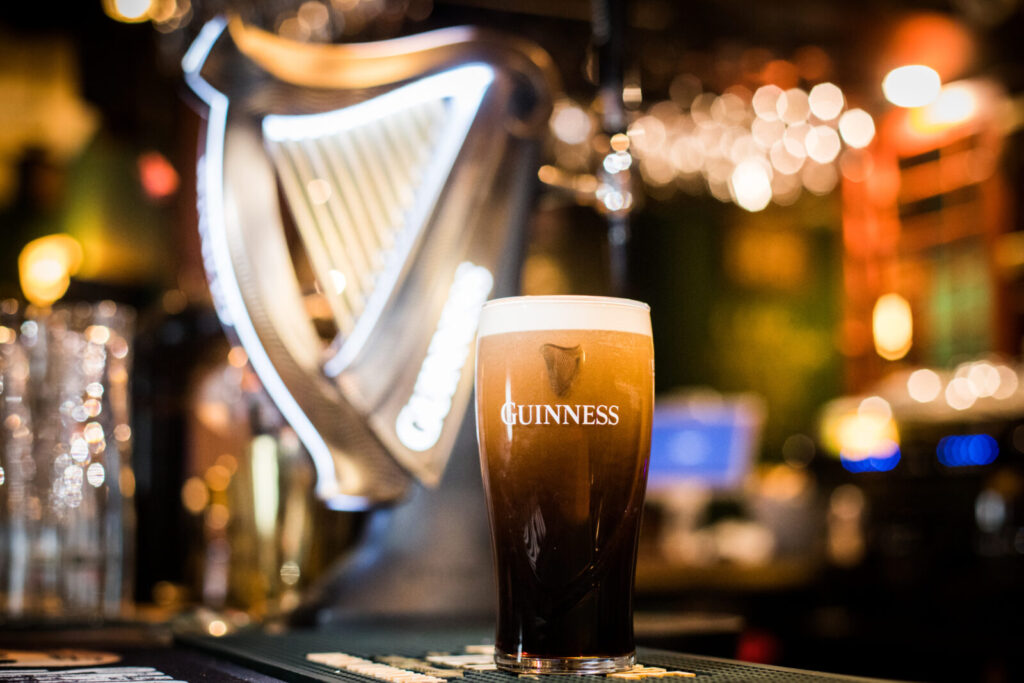Brief • 2 min Read

Weber’s worldwide sales remained largely flat from 2014-2019, but the COVID-19 pandemic shook the grill market out of stagnation. Once restaurants, bars, and other social venues shuttered, Americans took another look at the classic backyard barbeque.
As people increased cooking at home, and socializing outdoors, consumers found renewed enthusiasm for grilling, with many Millennials and Gen-Zers purchasing grills for the first time.
Using QuestBrand data to compare the breakdown of Weber consumers in 2020 versus 2022, it's apparent that the brand sees significant growth in the percentage of Millennial (+10.8%) and Gen Z (+2.3%) users.
While the percentage of Weber’s Gen Z consumers almost doubled from 2020 to 2022, this group is still considerably smaller than Millennials. Older than Gen Z, more Millennials are purchasing homes, and the accompanying appliances for their “outdoor kitchens.” Weber should continue to see their percentage of Gen Z consumers grow as more reach the home-buying phase of life.
Weber’s sales conversion funnel widens
Weber’s increase in younger consumers (both Gen Zers and Millennials) is clearly seen when the brand's QuestBrand sales conversion funnel from 2020 is compared to their sales funnel from 2022.
Weber Grill Sales Conversion Funnel 2020

QuestBrand. Base: Gen Z and Millennial adults. 8/1/20-10/31/20, n=685.
The funnel is noticeably wider across each phase of the consumer journey in 2022, signaling that more Millennial and Gen Z consumers are learning about, trying, using, and recommending the Weber brand. The most significant increases are seen in the familiarity (+8.1) and trial (+9.6) phases of the process.
Weber Grill Sales Conversion Funnel 2022

QuestBrand. Base: Gen Z and Millennial adults. 1/1/22-3/31/22, n=1,125.
Weber has targeted younger consumers with their advertising strategy. Throughout COVID, they increased spending on digital and mobile ads, expanding their online footprint where Millennials spend a lot of their time.
What other actions has Weber taken to attract younger consumers to this longstanding American brand?
Product innovation that appeals to tech-savvy consumers
Weber is the largest grill company worldwide, controlling almost a quarter of the total grill market. Perhaps unsurprisingly, Weber has remained at the forefront of product innovation.
In 2020, Weber introduced “smart grill” technology. Their smart Weber Connect Platform won an award at the 2020 Consumer Electronics Show (CES) for its strength as a smart home product. Weber Grill's CEO Chris Scherzinger called it “a game changer for grilling.”
Their smart grilling technology uses an app to notify users when to flip and serve food. It allows consumers to program the cooking time to their desired doneness, provides a food-readiness countdown, and step-by-step assistance throughout the grilling process. The app also contains a bank of enticing grilling recipes to encourage Weber owners to explore the full-range of grilling possibilities.
While appealing to young, tech-savvy consumers, Weber's smart grilling technology lowers the knowledge barrier for first-time grill owners, who may not be as familiar with proper grilling technique. Weber also attracts newbie grillers with in-person and virtual classes through their grill academy.
Grills that meet the lifestyle needs of all Millennials
While some Millennials have started purchasing single family homes, many others are fully embracing urban apartment life. Weber designed their line of Q Gas Grills to meet the needs of space-constrained individuals (both urban dwellers and adventurous campers.)
Small enough to sit on a countertop, these portable grills work well for Millennials and Gen Zers who are not ready to move out to the suburbs (but still want grill lines on that grass-fed steak). This product line also allows Weber to attract a different set of young consumers, and develop brand loyalty, with a group that would otherwise not have need (or space) for a traditional grill.
A note on Gen Z grillers
When Gen Z grills, they bring their social and ecological values to their cooking. This group tends to embrace plant-based proteins, natural ingredients, sugar-free options, GMO-free products, and ethically farmed meats.
As Gen Z becomes a more mature consumer base in the upcoming years, we will see whether grill manufacturers tailor new products to align with Gen Z’s unique values and cooking preferences.
Thriving for 100+ years
Weber's original company, Weber Bros. Metal Works, began in 1893. Their iconic charcoal grill was first released in 1951. Weber is a truly American brand that has withstood the test of time, relying on quality products and innovation. That have shown that they can successfully evolve with society, and we will see how they continue to develop to meet modern consumers' grilling needs in the decades ahead.
Subscribe for more Insights
Subscribe to our newsletter for the latest trends in business, politics, culture, and more.

Related Content









